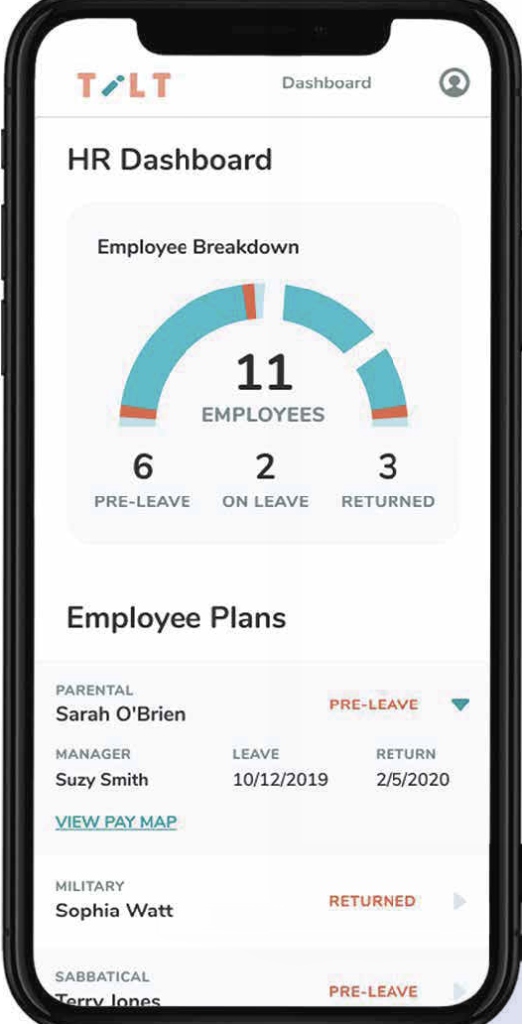There might not be a more controversial topic in 2021! Whether or not we (the United States of America) should raise the minimum wage for all workers, in all states, in all jobs to $15/hr.
I would love to say this is ‘simply’ a political issue, but it’s not. It’s much more complicated than politics. Both sides will point to studies that prove why or why not we should have a minimum wage of $15/hr. The reality is, a $15/hr minimum wage is more of an economic issue than political.
What is the argument, really, for and against a $15/hr minimum wage?
For $15/hr:
- People need a living wage. $15/hr for a forty-hour week, roughly puts a person at an income level of $30,000 per year. Which, in theory, would bring that person above the poverty level. Let’s be clear, “above poverty level” is still a freaking tough life!
- Corporations are making record profits on the backs of hourly workers. Hello, Jeff Bezos!
- Other countries have done this and it’s worked out just fine.
Against $15/hr:
- Raising the minimum wage to $15/hr and above will cost jobs. If you force employers to pay $15/hr as a minimum they’ll hire fewer workers and have them work fewer hours.
- $15/hr minimum wage is too little for some markets and too much for some markets. We should let market dynamics decide what the minimum should be.
- Other countries, like Australia, pay a living wage, but have you been to Australia? It’s not the U.S. It’s U.S.-like, but when you go to a “bar and grill” in Australia you don’t get waited on. You go to the bar, order your food, and they yell your name when it’s done. Need extra ketchup? Go to the bar, wait in line, and hope you can get the one bartender to get it for you. Why? Because wait staff costs too much, so they use them. Things are different. So, yeah, “waitstaff” in Australia gets paid a living wage, but those places just don’t hire very many.
What does the research really say?
Here is where the rubber meets the road because we can always find a study that will back up whatever point we might have. I’m for an increase in the minimum wage, or I’m against it, I can share with you five studies each supporting my take. Ugh! So, what is it really?
I found a study that looked at all the minimum wage studies (not some dumb Forbes article, real academic research), both for and against, to break down the facts and the myths. Here’s what they found:
- There is a clear preponderance of negative effects on employment when raising the minimum wage.
- The evidence is stronger for teens, young adults, and less-educated.
- The evidence around specific industries is less one-sided.
What does all of that mean?
First, while you will find studies saying that minimum wage does not impact jobs, there is way more academic and economic literature supporting the other side. Also, the evidence shows a strong effect on younger workers and lower educated, so there might be some room to talk about family or adult minimum wage standards verse just the standard one-size-fits-all. There is also a need to look at minimum wage by industry, again not just across the board.
An example might be, manufacturing sectors can pay $15/hr but service level restaurant jobs can not. Or, $15/hr makes sense in New York City, but not in Winona, MN. Maybe it could be looked at via high margin industries verse low margin industries.
What is clear, from the evidence, is that a straight $15/hr minimum wage, for all people, for the entire country, is not the best remedy for our current dilemma. Most likely, what will happen, if the $15/hr minimum happens is you’ll see organizations adjust accordingly by doing a combination of rising prices, cutting costs, cutting hours, and cutting jobs.
If you believe corporations are just going to “eat” the additional expenses, at the cost of profit, you are at best naive.
What’s my take?
I don’t like the proposal of just across the board we are going to raise the minimum wage to $15/hr across the country. I don’t like it because it won’t do what people think it should do, it’s really just more political posturing. In the end, consumers will pay more (which maybe we should) and corporations will cut to make the same profits. Ultimately, workers will take it on the chin, again.
If politicians truly cared about workers, they would dig in and do a minimum wage by market. It would be way higher than $15/hr in some locations and probably a bit lower in some locations, but there would be more strategy and thought behind it. The federal government does this now with pay bands for federal workers, they should be able to do it for all workers with minimum wage.
To not include market dynamics in compensation policy shows the government doesn’t really care about workers, truly. Because when it comes to taking care of their own, federal government employees, they do take into consideration market dynamics. $15/hr in Los Angles, San Francisco, and New York City is nothing, let’s be real.
Let me hear it in the comments! Are you for or against a $15/hr minimum wage and why?


